Health and wellbeing featured research

Research in the Sociology department has improved our understandings of how people use No and Low (NoLo) alcohol drinks and the ways in which they are marketed, helping to inform policy and regulation.

A low cost, high-accuracy device, could play a large part in the NHS's 'virtual wards'.

Recruiting and retaining participants in research trials is vital, but can often be problematic. We’re finding ways to improve this crucial research element.

With over 100 million people affected by psoriasis globally, it is important to establish which treatments work best and are most cost-effective in improving quality of life for those with the disease.

With an annual NHS budget in England of around £127 billion (2017/18), it is vital that decisions are made so that health care spending generates the greatest impact on the health of the population.

The resources available to spend on healthcare are limited. Economics provides the tools to help ensure the delivery of ‘more health for the money’. York research has guided health spending in many parts of the world, including in Africa.

Researchers have developed a collaborative approach to help further understand safety concerns surrounding bladder cancer in the use of dual PPAR agonist drugs.

Parents’ ‘mind-mindedness' – the ability to ‘tune in’ to their young child’s thoughts and feelings – predicts wide-ranging positive aspects of children’s development, particularly in children from disadvantaged backgrounds.

Researchers at York have led the development of a new commercial, high-yielding noscapine poppy variety that has transformed the supply chain for the key ingredient in many cough suppressants.

Ditch the diesel car, eat less meat and think twice about that cosy wood burner, advise researchers.
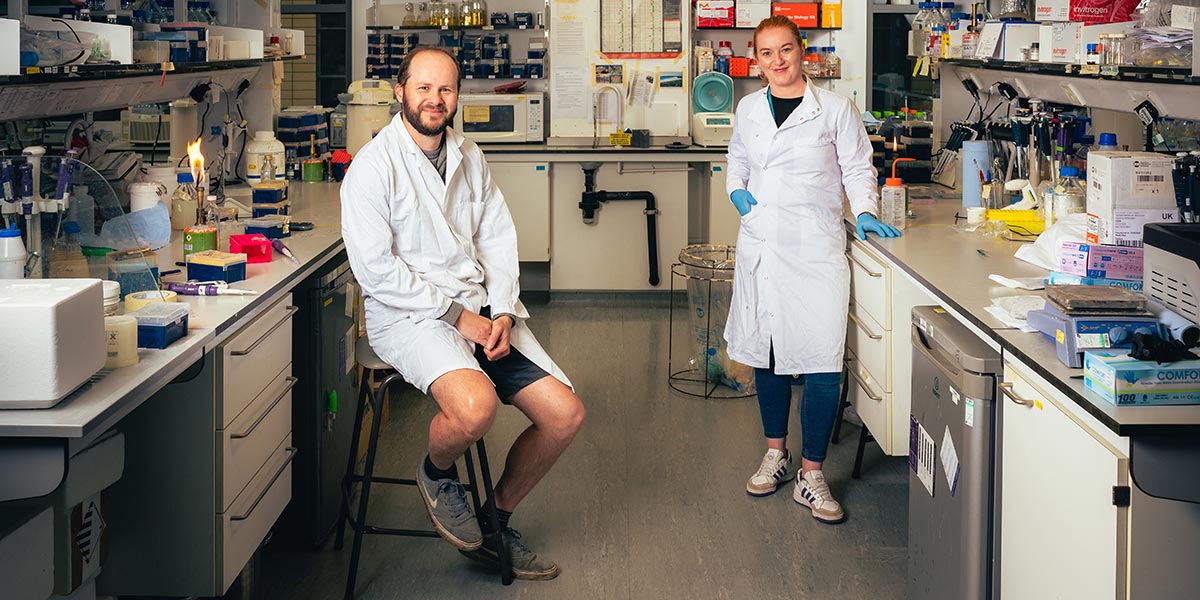
Researchers uncover the science behind the pungent smell of body odour.

York researchers are monitoring the effects of long covid on movement, balance and gait as part of a wider programme designed to increase understanding of the condition.

We’re part of a UK study looking at the best way to support the families of children undergoing treatment for serious and life-limiting conditions during the Covid-19 outbreak.
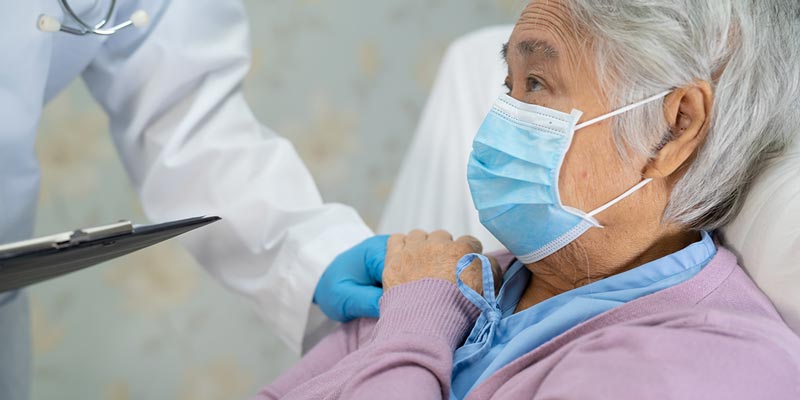
With over 100 million confirmed Covid-19 cases globally, researchers are investigating the response and challenges faced by palliative care services during the pandemic.

Researchers have developed a new system for treating children with cancer which takes the strain off the National Health Service and improves patient quality of life during the pandemic.

As we find our footing in the pandemic, our researchers explore the impact of long covid on movement.

Our researchers discuss the impact of pet ownership on mental health and wellbeing during the pandemic.

How will vaccines affect the length of England's third lockdown?

Matthew Whitby reflects on the surprising ways that games can alter the way people see themselves and the world.
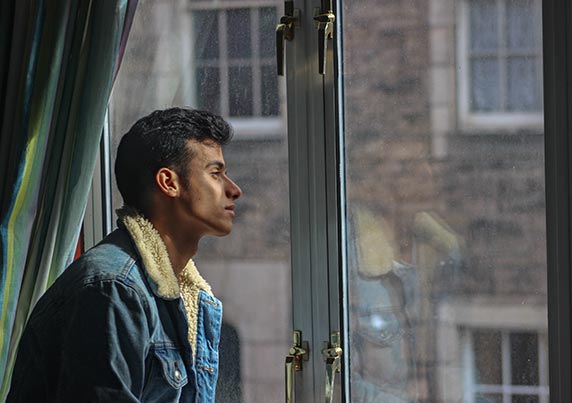
Peter Sivey and James Gaughan discuss the possibility of a third lockdown in early 2021.
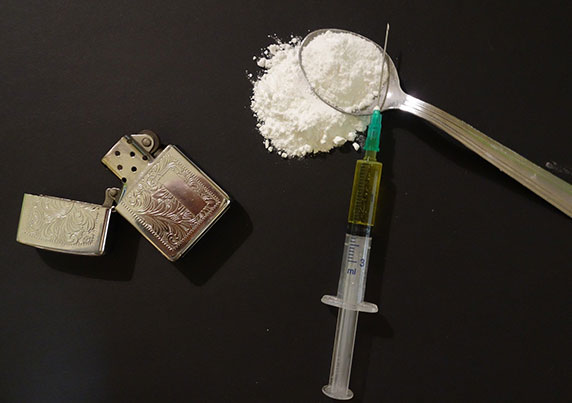
A new report highlights increased drug deaths in England and Wales.

Dr Fay Bound Alberti discusses whether robots are the answer to tackling loneliness.

We are exploring how the pandemic is affecting the sleep and wellbeing of primary school children in the UK.

York researchers evaluate the impact of social distancing on domestic violence in Brazil.

Professor Ian Hamilton discusses a recent study on the impact of cannabis use on workplace performance and productivity.

As the first US face transplant recipient dies, York academics reflect on the important legacy she leaves behind.
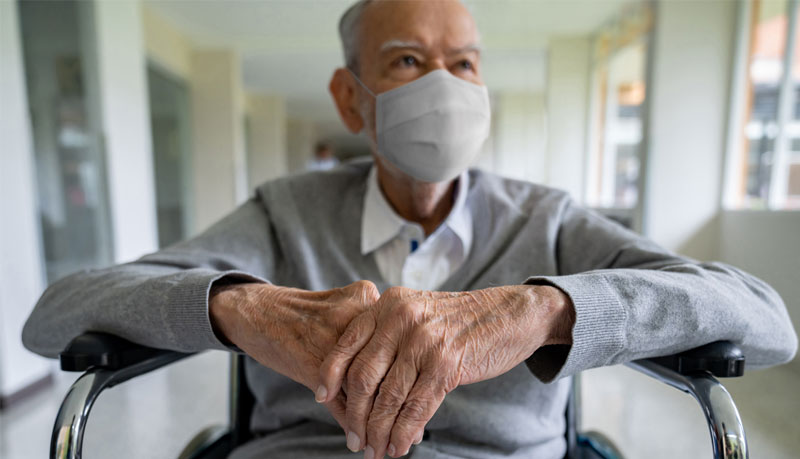
COVID-19 patients may be susceptible to Post Intensive Care Syndrome and require further support.
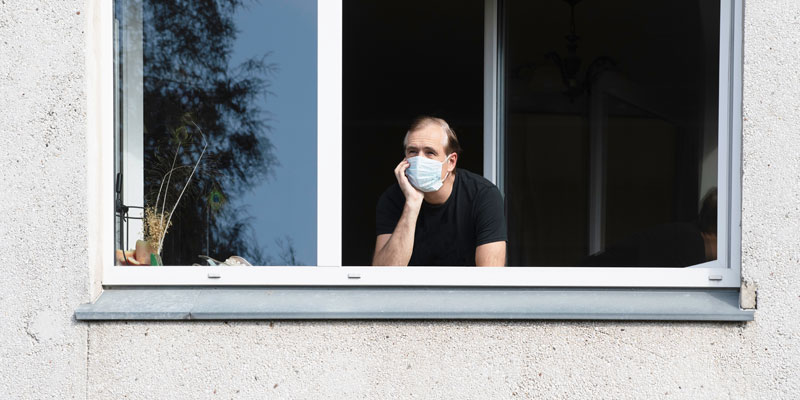
How can we avoid feeling low during lockdown?
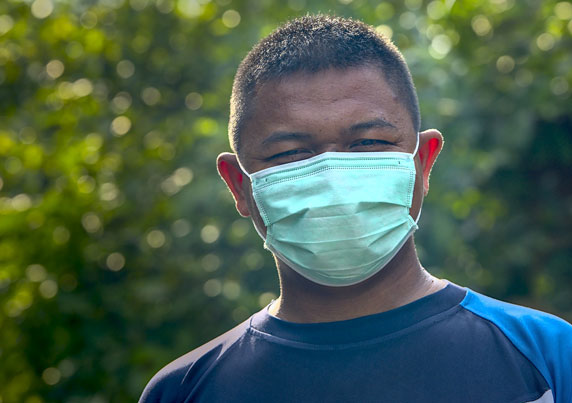
Coronavirus doesn't just affect your lungs, it can affect your gut too.

Research from York measures the productivity of the NHS and influences the size of the NHS budget.
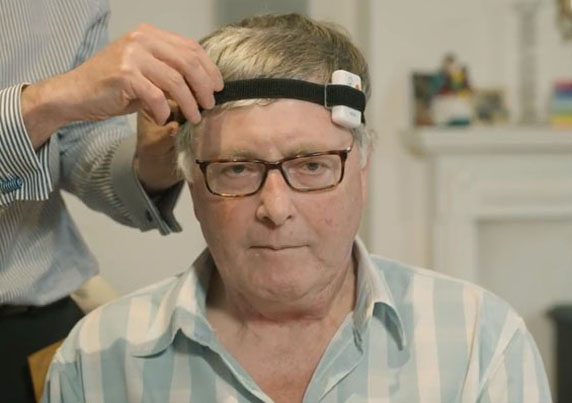
Coping with medication side-effects could get easier thanks to our research.
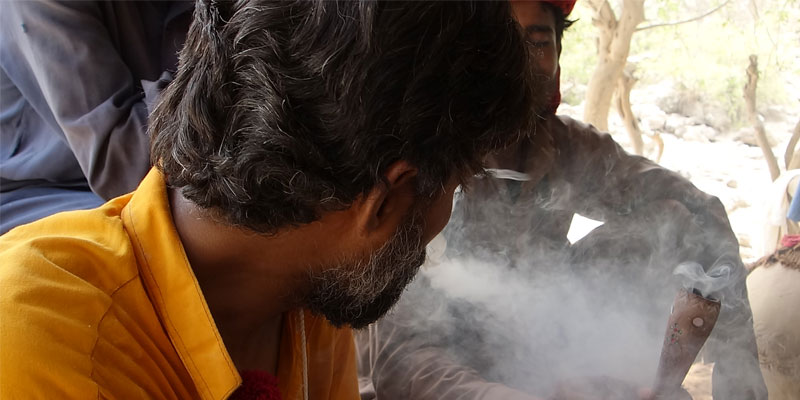
Our researchers have developed a practical solution for controlling tuberculosis in three South Asian countries by incorporating tobacco smoking cessation interventions into tuberculosis control programmes.

Digital analysis of fish movement could revolutionise our ability to understand, and treat, people with Parkinson’s.
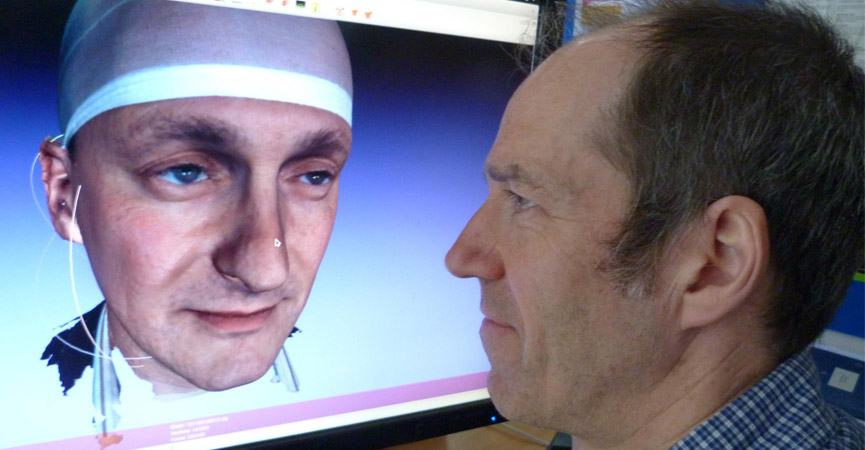
Our computer scientists create trailblazing cranial reconstruction software

Two new research groups win major funding from the National Institute for Health Research.
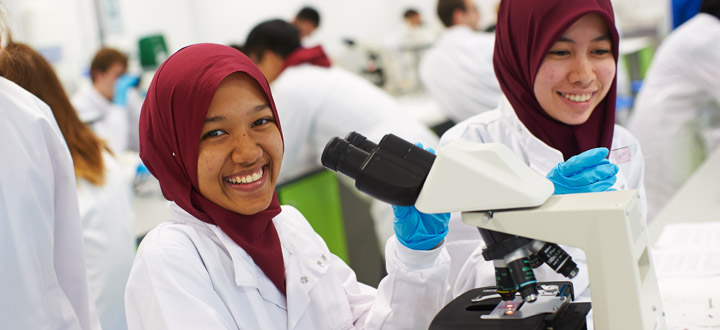
Targeted support could help more medical students succeed.

We're studying the pressures on Colombian health services after decades of civil conflict

A new type of therapy could treat severe phobias in children

Our research is helping communities on a remote tropical island to source clean water

We've developed training for police officers dealing with people in mental distress

Community workers are at the heart of Brazil's public health system
 720x330.jpg)
York residents could have a key role in a city-wide environment project

Heart attack patients are missing out on vital support

How recalling our life stories can help people with dementia

Research unlocks the health benefits of computer games

Sugar tax could shift our shopping habits

Our health economists examine GP dementia care

We learn while we sleep, according to our psychologists

Better healthcare for deprived areas could ease pressure on A&E departments

Our biologists make a breakthrough in lung cancer test
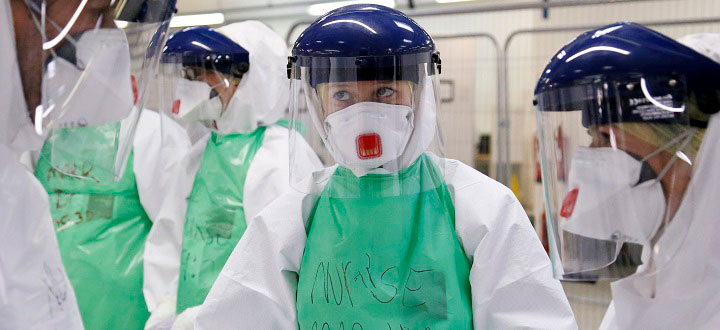
Local health needs must be addressed to avoid another outbreak

Our roadside research reveals possible new health threat
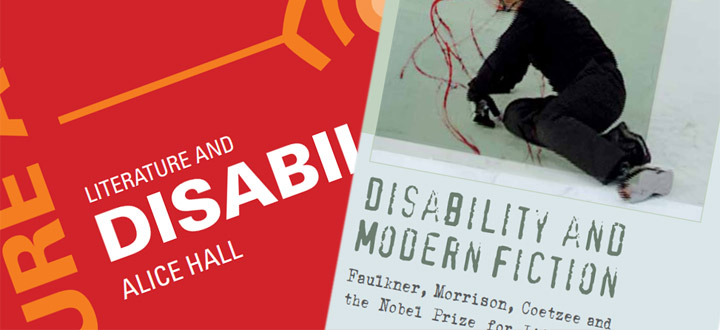
One of ten New Generation Thinkers

Examining the intersection of biology, politics, and social investigation in Twentieth-Century Britain.

A major project studying the history of public health policies

Research highlights the critical role of parent-child communication

Our biologists are a step closer to beating osteoarthritis - thanks to Mother Nature

We see colours differently in the summer

A sling could be just as effective as surgery for some shoulder fractures

Our psychologists unpick an intriguing cognitive puzzle

New study opens the potential for drugs targeting early onset dementia

Study paves the way for more cost-effective treatment options.

Chemistry undergraduate develops new drug release gel.

Movement-sensitive gloves could help monitor and diagnose neurodegenerative conditions like Parkinson’s disease.
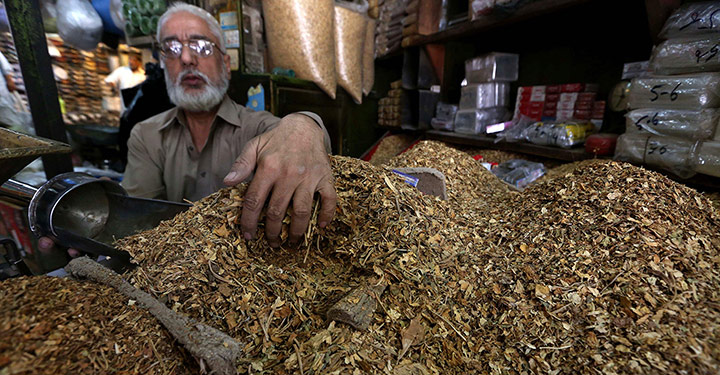
Our expert is finding a link between smoking and tuberculosis in impoverished communities in South Asia.
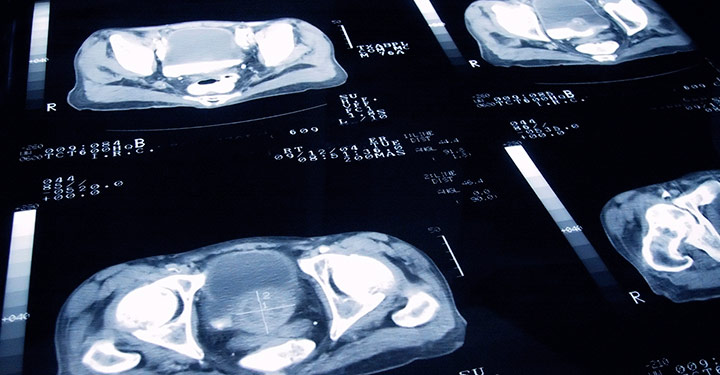
Pioneering prostate cancer research could lead to new therapies.

Children of non-smoking parents are still at risk of cancer from tobacco.

Groundbreaking discovery could help improve the treatment of bladder cancer.

New insights into why meningitis and septicaemia pose a greater threat to teenagers and young adults
Why teenagers and young adults are at risk from meningitis and septicaemia.

Marine cone snails, valued for their decorative shells, could also contain life-saving drugs.
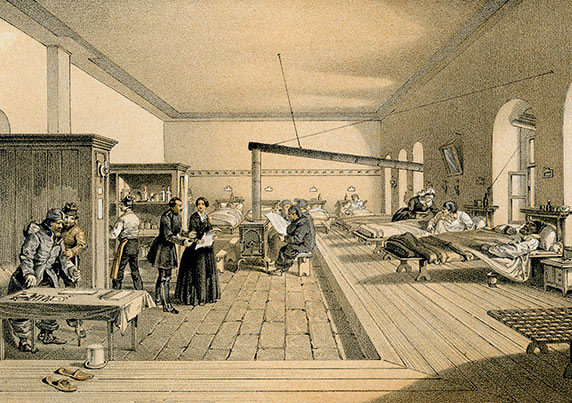
Our researchers provide the NHS with hard evidence on which to base tough spending decisions.

Maths could help in the development of anti-viral therapies.
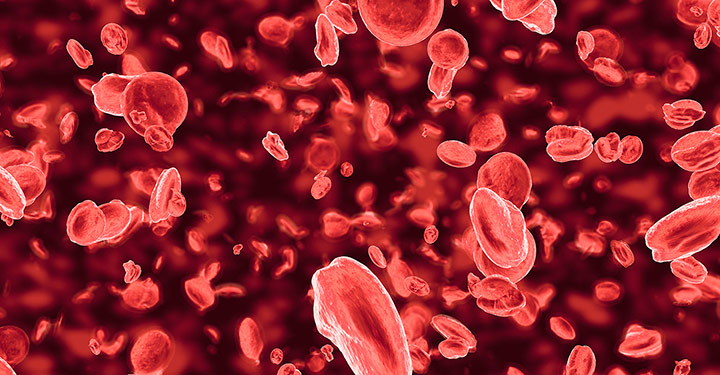
Our research has improved the care of people with inherited blood disorders.
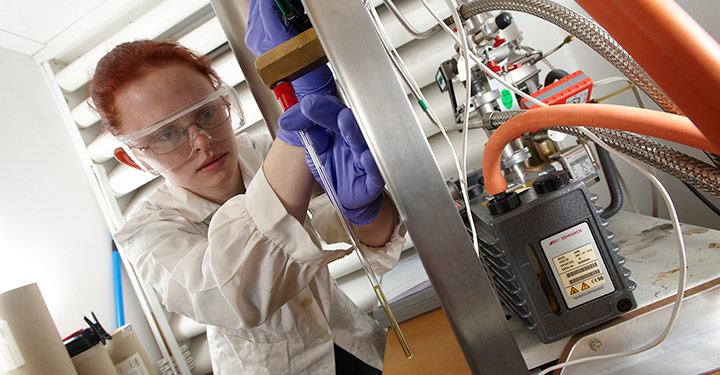
Our new £6.8m research centre could revolutionise medical imaging in the fight against disease.
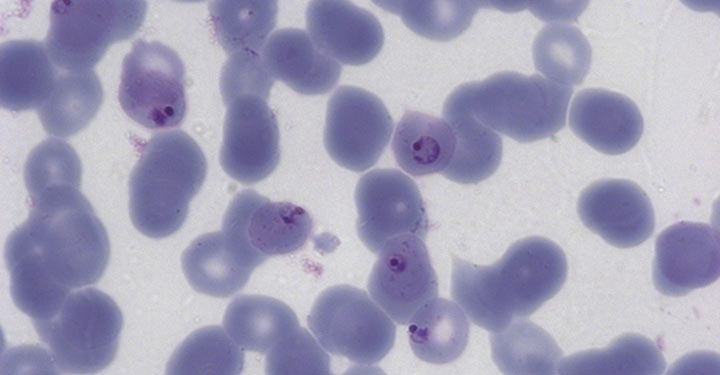
Our research team has discovered how to stop malaria parasites from multiplying.
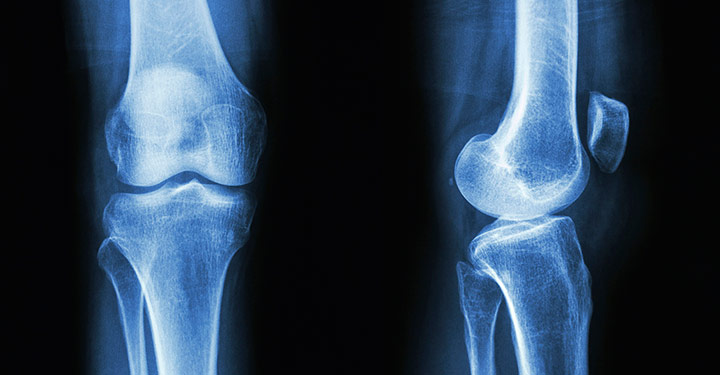
We’re aiming to develop better therapies for osteoarthritis.
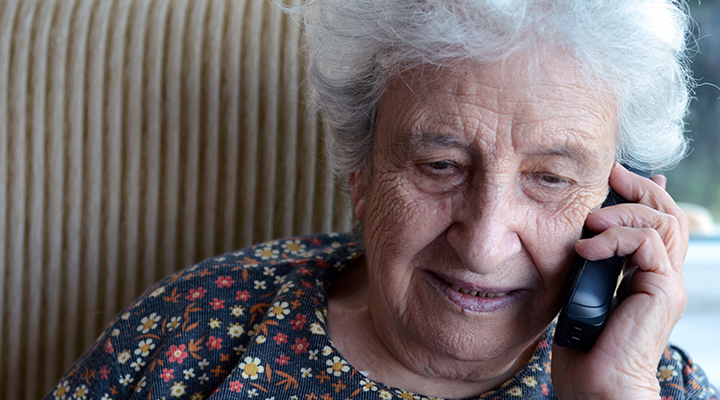
Our researchers are at the forefront of tackling depression in older people.

Our research aims to advance the therapeutic understanding of trauma-related sleep disturbances and develop a therapeutic application of Professor Tom Stoneham’s Cultural–Social model of dreams.

Researchers are working to improve the availability of artemisinin - the main component of the recommended malaria treatment. This will help farmers in developing countries provide a local solution to this ongoing global problem.

Research from York has developed methods to make sure the NHS gets value for money from the treatments it funds.

Mathematical techniques developed by our researchers allow complex food mixtures to be analysed and interpreted, ensuring compliance with food safety regulations and protecting public health.

Research at York has had a direct impact on how health technologies, such as cancer drugs, are evaluated and made available in the UK and internationally.
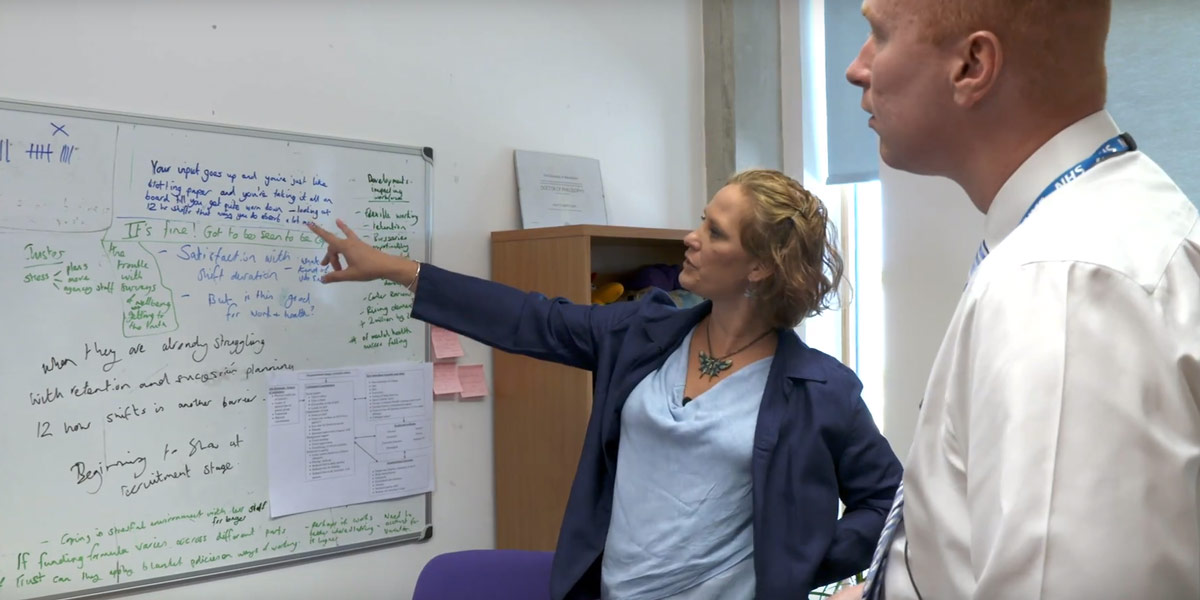
We worked with a large NHS mental health trust to study the impact of changing staff shift patterns. Our findings allowed us to make recommendations for implementing changes for the benefit the organisation and its staff.

The UK National Health Service adopted the Quality and Outcomes Framework in an effort to improve the quality of general practice, but has it been successful?

Teenagers’ body clocks are often poorly aligned to the school day, meaning that their ability to learn and retain information is compromised. Researchers are working on ways of shifting sleep patterns of adolescents to enhance memory.

Lesbian, gay, bisexual and transgender (LGBT+) individuals form an important part of diverse British workplaces. By better understanding staff networks, we can help to create more inclusive environments.

We are seeking to improve the way psychological therapies are delivered by telephone, in order to ensure that people experiencing common mental health problems of anxiety and depression receive the care, information and support that they need.

Our researchers are developing new ways for Public Health England to ensure that their information-gathering activities are properly scrutinised and approved.

We measured the health and wellbeing benefits of the North York Moors National Park using a Social Return on Investment (SROI) approach. We found that the park creates positive impacts worth £7 for every £1 of government investment.

Researchers are working with residents on the remote South Pacific islands of Vanuatu to co-develop technology which will warn them when water supplies are unsafe to drink.
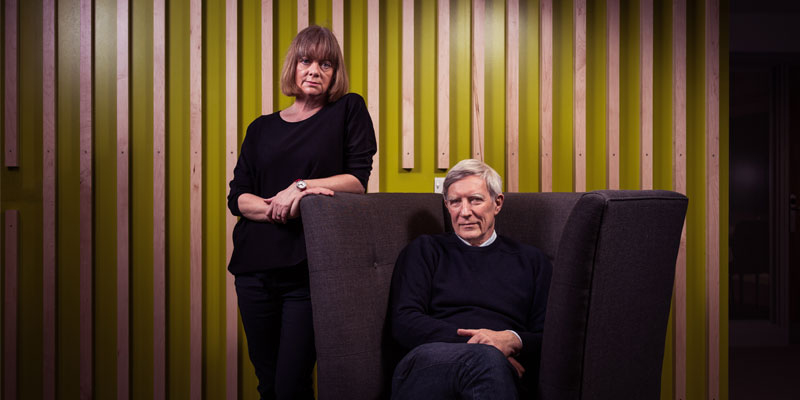
Why are rich, developed countries still affected by a range of health and social problems?

Our insights from conversation analysis have helped doctors, nurses and medical students support patients in making choices about their treatment in the NHS and across the world.

Our researchers are investigating how the health and function of the brain can be influenced by what you eat.

The Haematological Malignancy Research Network, established at York, provides essential data on leukaemia, lymphoma and myeloma for clinicians, researchers and policymakers.

Through large-scale studies, our researchers examined how cardiac rehabilitation services could be improved.

Enhancing the capacity of community health workers to deliver women’s health rights during epidemics
Brazil's community health workers (CHWs) are at the forefront of day-to-day health service delivery to women and children affected by Zika.

Our world-leading research is working at the heart of policy and practice surrounding the protection of human rights defenders.

Our research has revealed a cliff edge of support for prisoners on release into the community. We are recommending the development of new approaches that link effective work in prisons with more substantial support on release
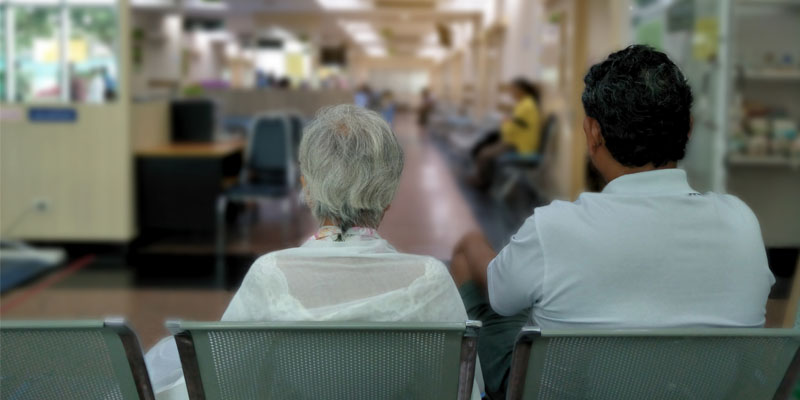
York research informed guidance issued to Organisation for Economic Co-operation and Development countries on reducing hospital waiting times.

We’re part of an international research study investigating the use of advanced encryption to keep our medical data secure.

Researchers at the University of York are working with organisations and governments around the world to help them better understand air pollutants and reduce their emissions.

As modern economies transform and welfare states feel the strain, rights-based forms of economic security are being reassessed and igniting a heated global debate.

Research from York underpins how the healthcare budget is shared out fairly across England, reflecting the health care needs of the population.

Our research has greatly improved quality of care for children being treated for cancer and the impact of our work is being felt around the world.

Researchers examined the relationship between the number of managers in the NHS and clinical performance. Their findings show that, contrary to common perceptions, we need more managers in the NHS to improve patient outcomes.

Our research developed a novel human rights approach aimed at improving the prevention and treatment of noma while addressing rights violations and discrimination associated with the disease.

We are leading an international network of researchers focusing on welfare conditionality within social security systems across the world.

Crystallographic software developed at York has underpinned the design of many pharmaceutical products.
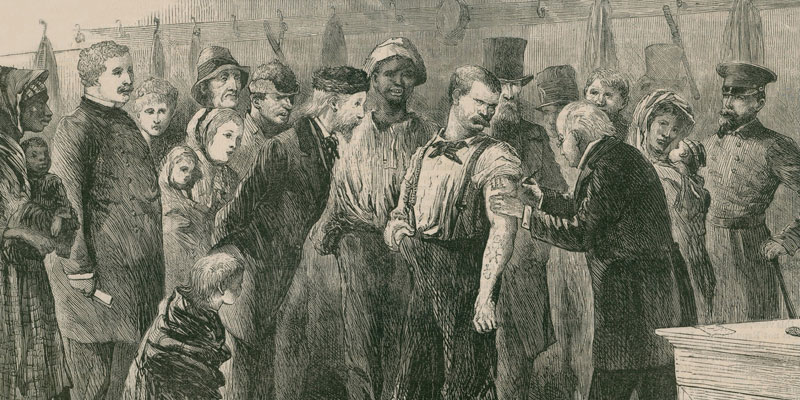
Our research is changing policy and practice at the World Health Organization (WHO) and its regional offices by working with them to promote institutional transparency.

Our research enabled a more nuanced understanding of why some households are more vulnerable to fuel poverty and how policy can support them.

Our researchers are working in secondary schools to combat stigma against mental illness.
